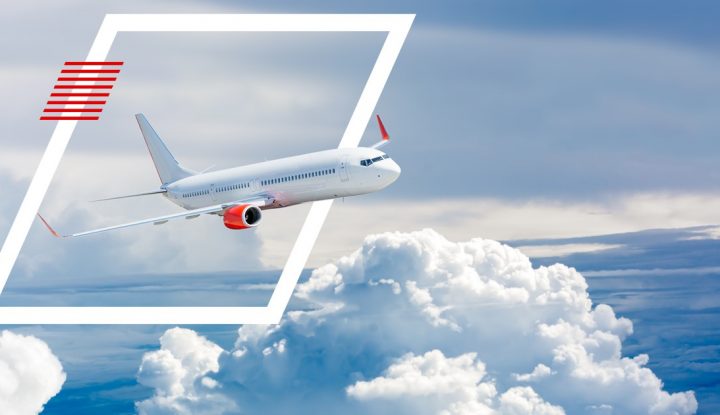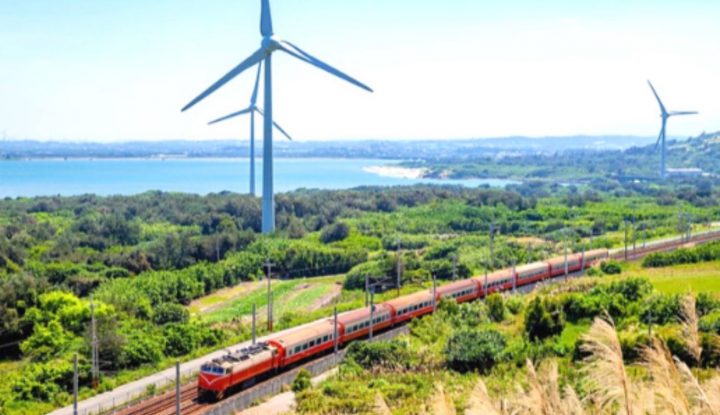Africa’s population has doubled over the past decade to 1.2 billion – making up 12% of the world’s population. However, the continent contributes just 2.5% towards global air traffic. Furthermore, just 2.6% of the continent’s GDP comes from the aviation industry – far below the global average of 3.6%.
Airlines in Africa are currently making a collective loss of $1.54 per passenger. This is due to high operating costs and three key barriers that are preventing more African citizens from travelling:
- Affordability – travel remains prohibitively expensive to the majority of African citizens.
- Accessibility – most African countries restrict visitors from other African nations, and require visas for entry.
- Tourism promotion – many African countries’ tourism efforts are aimed at international visitors from outside the continent, rather than African tourists.
Success in aviation in Africa depends on making the continent “integrated and interconnected”, according to industry executives at this year’s African Airlines Association (AFRAA) Annual General Assembly in Mauritius.
Host airline Air Mauritius’ CEO, Somas Appavou, said: “Most agree that in order for African aviation to achieve its true potential, a major paradigm shift is required; not only among key players, but also among all stakeholders within the continent’s aviation ecosystem.”
He called on the industry to consider four key recommendations:
- Governments across the continent must invest in infrastructure to prepare for and initiate growth.
- Adoption of the latest technology should be accelerated to live up to global standards.
- Training and development of new talent that can lead, grow and innovate within the continent’s aviation industry is essential.
- Collaboration between African airlines must improve.
“Improved collaboration among African airlines is probably the single most urgent target we must set for ourselves because alone, no African airline will successfully overcome the hurdles of scale and the high cost base that are holding back the African aviation industry,” he concluded.





